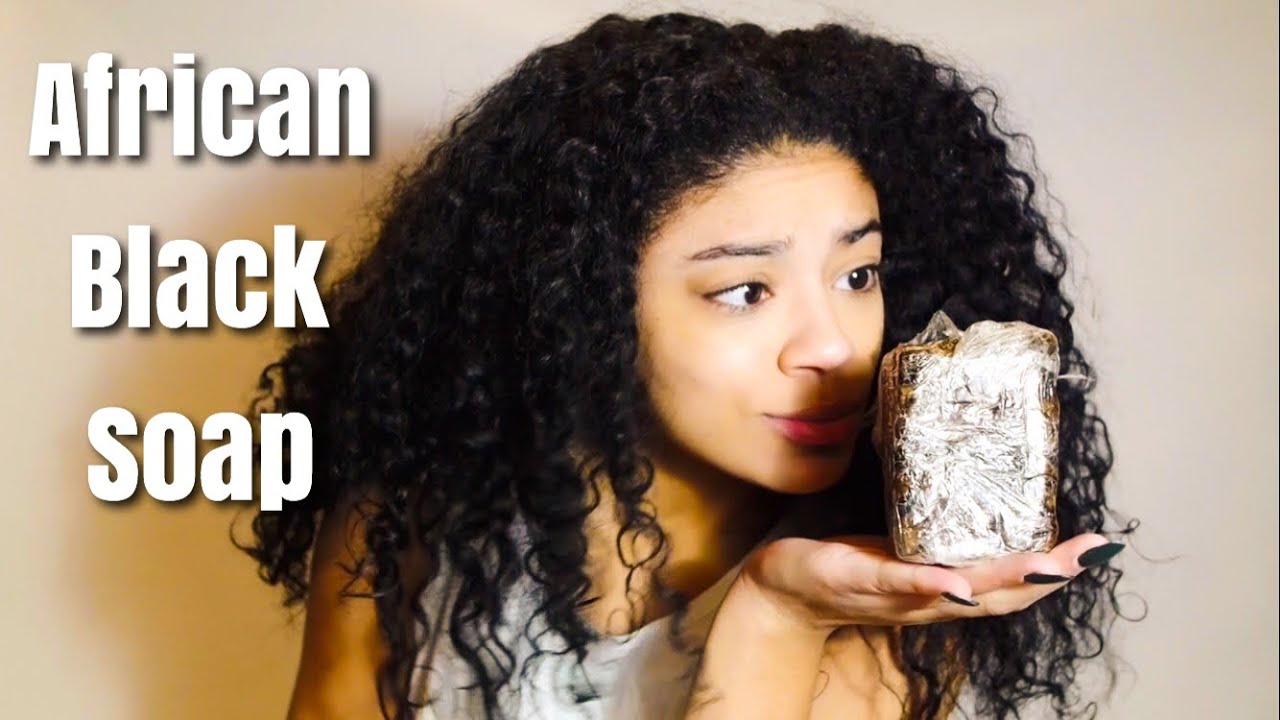(ThyBlackMan.com) Due to its potential abundance of antioxidants, African black soap is regarded as a skin-nourishing product. Ashes from plantain skin, cocoa pods, palm leaves, and palm oil from leaves or kernels are commonly used to make soap.
Depending on the manufacturer, additional ingredients may include honey or shea butter to soften the skin and cocoa butter or shea butter to offer extra moisturizing (some black soaps are stronger and can dry the skin).
Learn more about how African black soap works and about its common ingredients by reading on.
Cleanses and exfoliates the skin.
All natural African black soap is, at its core, soap, and that’s why it effectively cleanses skin of impurities, dirt, and oils. When you wash your face, the fine ash grains act as an exfoliant, helping you to remove dead skin cells.
What happens next? You’ll have cleaner, brighter skin, well-prepared for the next step of your routine.

Greatly helps to treat acne
This soap provides the most effective benefits in that it exfoliates the skin and removes dirt, grease, and bacteria. There are many factors that can cause pimples to appear on your skin. African black soap can not only be used to treat acne once it has appeared, but also prevent it from occurring in the future.
Reduces dark spots and acne scars
African black soap, because of its natural oils, contains both vitamins A and E, making it an effective treatment for discoloration. The antioxidant properties of vitamin E prevent the formation of dark spots, and the retinol component of vitamin A reduces the appearance of uneven skin tone by boosting cell turnover.
Soothes the skin
Combining natural butters with exfoliating properties, African black soap also provides skin nourishing properties. The anti-comedogenic, hydrating properties of shea butter are common in many formulations. With vitamin E, you can restore the lipid barrier of your skin as well as condition it to leave even the driest skin feeling hydrated.
Fights fungus
African black soap also has antifungal properties in addition to its skin-soothing abilities. In the end, it may be just what you are looking for, regardless of whether you are dealing with dandruff or athlete’s foot.
How Do I Use African Black Soap?
Using too much African black soap will definitely dry out parched skin, so just a few drops will do. Follow the steps outlined below to make African black soap.
- Rinse your face with water.
- Lather up the bar with water.
- Hands-on, wash your face for 90 seconds in a circular motion, avoiding your eyelids.
- Wash off with cool water.
- Wash off with a washcloth or exfoliating brush for a deeper clean.
- Apply moisturizer if you have dry skin.
It is normal for oily skin to feel tight and dry during the first week after using this product. After a few days, the pH levels of your skin will balance out when the soap draws out impurities and excess oils.
Additionally, the soap can cause reddened skin due to its tingling, burning, and stinging properties. Eventually, the majority of people also resolve this issue, but before using African black soap on their face.
Staff Writer; Bobby Brown

















Leave a Reply